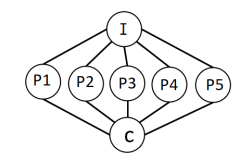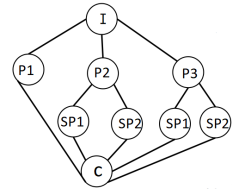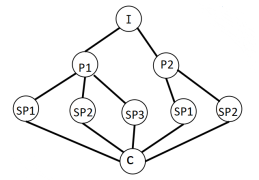1 . Last fall, I happened to overhear a student telling the others he had decided not to sign up for an introductory philosophy course. The demands of his major, he said seriously, meant he needed to take “practical” courses, and “enlightenment” would simply have to wait. For now, employability was the most important.
The students’ conversation fits into a larger alarming narrative about the role of the humanities in higher education. In a time of dizzying technological achievement and of rapid scientific innovation, sceptics of the humanities may question the usefulness of studying Aristotle, the Italian Renaissance or Chinese fiction.
Actually, I regret not interrupting that student to argue for taking that introductory philosophy course. I would have started by reminding him that, for much of America’s history, college graduates were not considered truly educated unless they had mastered philosophy, literature, political theory and history. The key role of higher education was to invite students into the conversations about matters like what it means to be alive and the definition of justice. Fostering engagement with these subjects is still an essential part of the university’s function in society.
I would have also mentioned to the student that he was misinformed about the job market. It is true that many employers are looking for graduates with specialized technical skills, but they also look for other capabilities. As the world is transformed by artificial intelligence, machine learning and automation, the unique human qualities of creativity, imagination and moral reasoning will be the ultimate coin of the realm. All these skills are developed in humanities courses.
Further, I would have argued that while a degree anchored in the sciences is an important precondition for many jobs, it is not the only route. Look no further than the founders of companies such as LinkedIn, Slack and Flickr, who are among the many tech businesspersons with degrees in the humanities, and who credit that training for their success.
Contrary to the widely held belief that humanities majors have a hard time getting jobs, recent studies show that those with humanities degrees are successful in the workplace, experiencing low rates of unemployment and reporting high levels of job satisfaction. The ratio between average median(中位数) incomes for humanities degree holders and those with business, engineering, and health and medical sciences degrees has been shown to narrow over the course of a career.
The case for the humanities can also be understood in less transactional terms and more as a foundational preparation for a life well lived. A humanities education plays a vital role in encouraging citizens to lead an examined life. It fosters critical thinking, self-reflection, empathy and tolerance, the usefulness of which only becomes more apparent as one navigates life’s challenges.
By all means, students should take courses they think practical and follow their interests, but if they also make a point of studying the literature of the Renaissance, or researching into modern poetry, or even taking introductory philosophy, we will all benefit.
1. What do the students’ conversation show?| A.Students feel employment difficult. |
| B.Students think philosophy less important. |
| C.Students find scientific innovation amazing. |
| D.Students consider university courses unsatisfying. |
| A.Highly valued. | B.Equally applied. |
| C.Strictly assessed. | D.Greatly improved. |
| A.discover students’ artistic ability |
| B.prepare students for graduation |
| C.raise awareness of social status |
| D.provide great insights into life |
I: Introduction P: Point Sp: Sub-point(次要点) C: Conclusion
A. | B. |
C. | D. |



